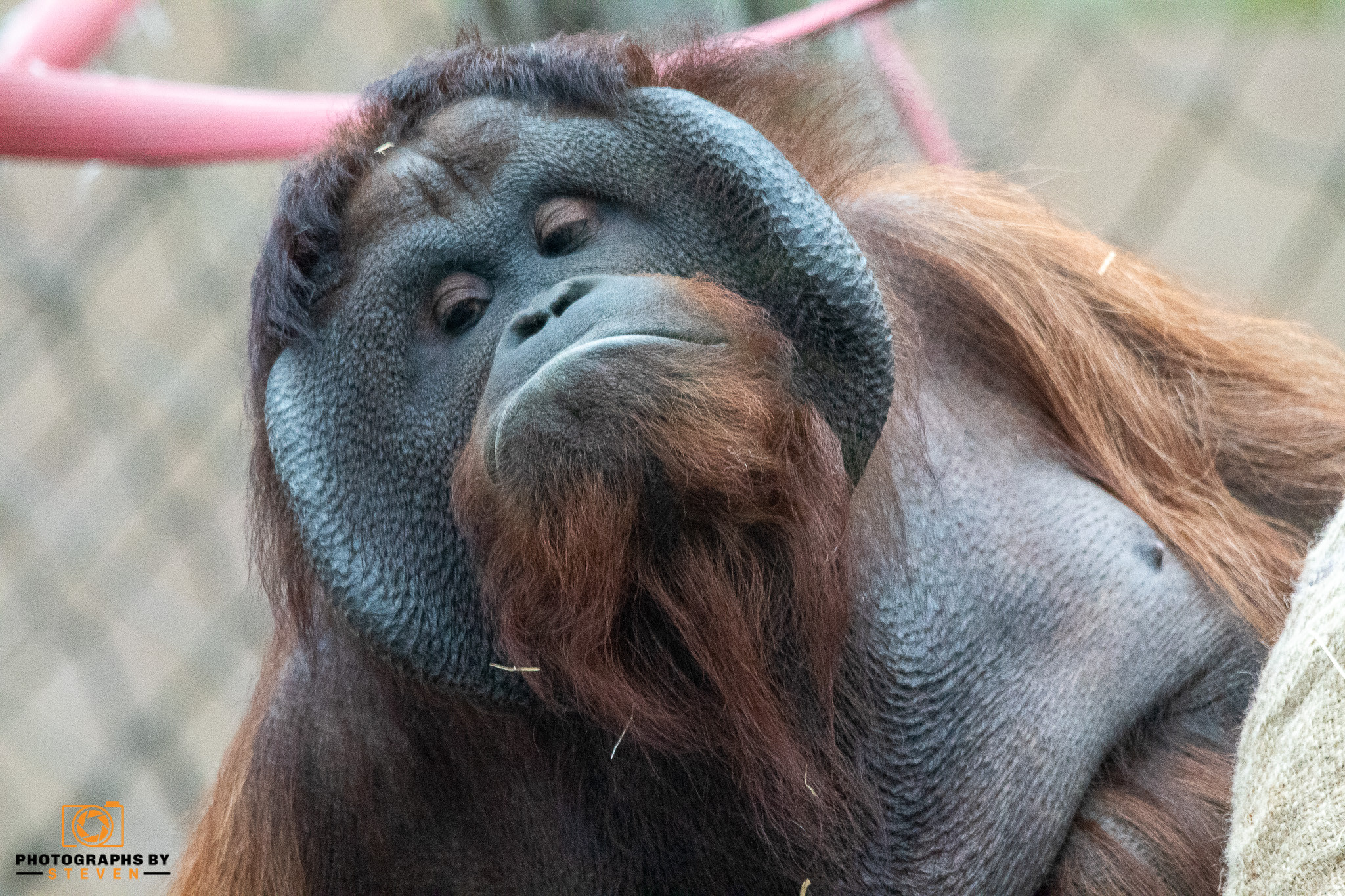Almost all animals have a sleep pattern, but sleep times differ across the animal kingdom. While some creatures require more than 18 hours of sleep per day, others require only a few seconds of rest at a time.
Giraffes
Imagine sleeping for only five minutes at a time or for only 30 minutes per day. The same is true for giraffes. Being a large animal in the middle of the open plains prevents you from taking a risk-free nap because sleeping exposes you to predators. As a result, they nap in short bursts, sometimes sitting with their heads on their backs, but more often standing up and ready to run.
Chimpanzee
Chimpanzees and other great apes prefer to curl up when they sleep. They build nests high in trees out of branches and leaves, keeping predators at bay. Chimpanzees are highly picky and will only make their nests in the most sturdy-looking trees.
Meerkats
Meerkat societies are hierarchical, with alpha males and females at the helm. They are close-knit societies, as evidenced by their cuddly sleeping habits, in which the alpha meerkats sleep in the middle, as far away from any danger as possible.
Know more fun facts about Meerkats.
Ducks
Working together to ensure everyone's safety while sleeping is sometimes beneficial, and ducks do just that. Ducks sleep in lines, side by side. Furthermore, the ducks on the outside sleep with one eye open, watching for danger, whereas the ducks in the centre relax with both eyes closed.
Bears
Except when it's time to give birth, bears' sleeping habits are usually unremarkable. When pregnant mothers are in deep hibernation mode during the winter months, their heart rates slow, and they stop eating, drinking, urinating, defecating, or exercising. On the other hand, Mama bears will rouse themselves enough to do something called giving birth. The cubs will then nurse on their sleeping mother for several months until she wakes up and releases them into the world.
Sea Otters
When it comes to napping, sea otters prefer to be in the water. Floating on their backs keeps them safe from predators on land, and wrapping themselves in seaweed keeps them from drifting away with the currents. Some otters may even hold hands with another otter to keep them together while they sleep. In what is known as an otter raft, up to 100 sea otters can be seen sleeping together in this manner.
Elephants
Elephants, another massive mammal, only sleep for 2 to 4 hours per day. While they are also quite large, their plant-based diet necessitates them to eat for most of the day. They could eat up to 600 pounds of food in 18 hours of their day. Elephants sleep by leaning against a tree or a termite mound. They only sleep on their side for short periods, no more than 30 minutes at a time, to avoid crushing their internal organs with their body weight.
Explore more about lifestyle of an Elephant.
Bats
It's well known that bats sleep on their backs, but do you know why? Because bats' wings aren't strong enough to lift them off the ground, they do this. Bats, too, sleep in an upside-down position for a long time. Bats are among the most sleepy animals on the planet.
Are there animals that do not sleep?
No. Sleep is something that all animals, including insects, have. Lower animals with few or no brains sleep differently than humans, but they have periods of inactivity during which they are less responsive to external stimuli.



Leave me a comment
Thank you for reading my post, if you want to leave a comment, you can do so below.